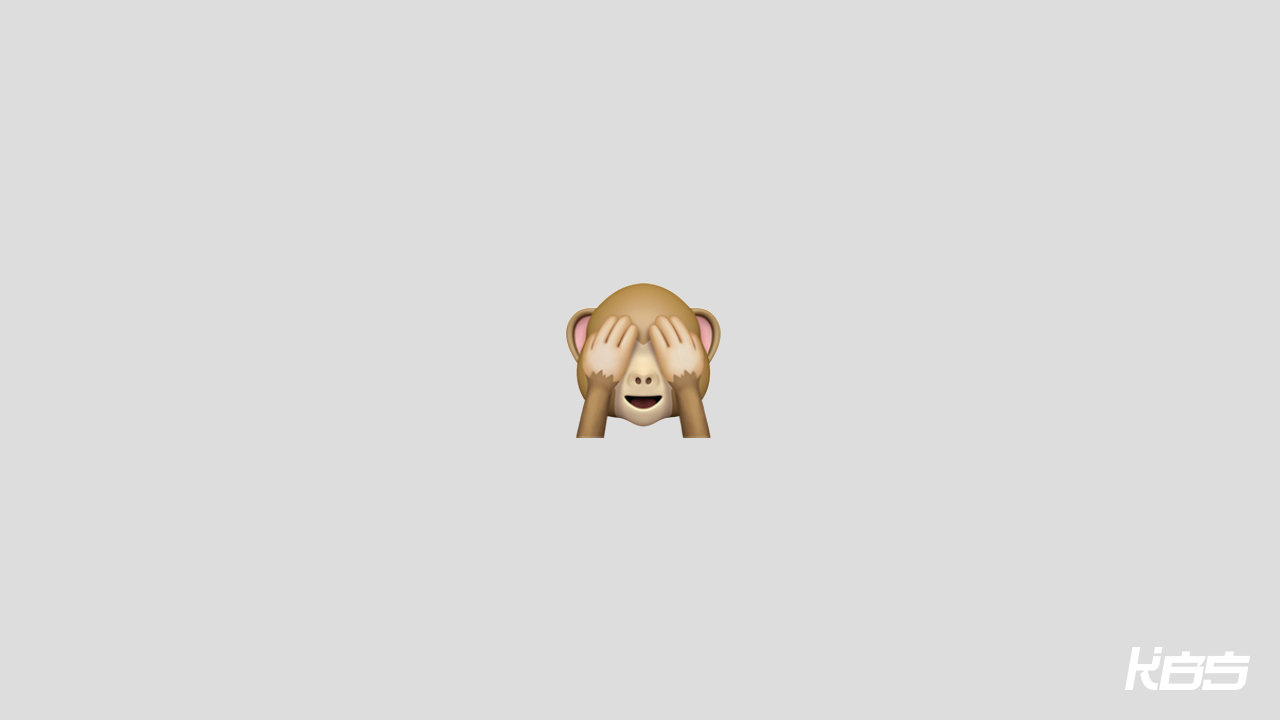Bad breath or halitosis is a symptom in which noxious odor is present on the breath. It’s not hard to imagine how this condition could make your next verbal encounter unpleasant for those you blow your toxic mist on, but once you learn what some of the causes are, you can take the necessary steps to prevent polluting the air with your boo boo breath.
Foods
What you eat can have a big impact on how your breath smells. Foods like onions and garlic, for instance, can actually break down in a way that pollutes your mouth and even your sweat glands. When you eat, tiny particles of food get lodged between your teeth and below your gum beds. These morsels can bring about bad odors as they break down. That’s why it’s important to floss regularly to free up the particles.
Beverages
Dairies are also a source of bad breath. Their breakdown can create an excess of hydrogen sulfides in the mouth and throat causing a distinct form of halitosis called “milk breath”. Dairies aren’t the only drinks that can cause halitosis. Sugary drinks can cause bacteria to quickly grow the mouth and it’s important to note that these bacterium love to feast on sugars.
Dry Mouth
Dry Mouth or xerostomia is another known cause of bad breath. Saliva is necessary to moisten the mouth, neutralize acids produced by plaque, and wash away dead cells that accumulate on the tongue, gums, and cheeks. If not removed, these cells decompose and can cause bad breath.
Health Issues
There are a number of health problems that can cause bad breath. For example, those with diabetes may have fruity smelling breath, or breath that smells like markers, especially if they haven’t properly medicated. Additionally, people suffering from liver disease experience a type of bad breath known scientifically as fetor hepaticus that has a sort of musty smell. Kidney problems, acid reflux, gum disease, cancer, allergies, diabetes, and liver disease are among a few other health conditions that can affect breath.
Illnesses
Whether it’s nasal allergies or post-nasal drip caused by the common cold, those with upper respiratory illnesses often have bad breath. In fact, doctors can often recognize sinus infections or strep throat based solely on the patient’s breath. It’s not a bad idea to ask a person with bad breath if they’ve recently gotten over a cold or have sinus problems. Then to follow up with “Your breath is atrocious!” only when they’ve replied to the prior question with a clear “No…”
Cigarettes/Cigars
Smokers and those who chew tobacco have distinctive-smelling bad breath. The more one smokes or chews, the worse the breath will smell. The most obvious way that smoking causes bad breath is by leaving smoke particles in the throat and in the lungs. This is typical of nearly any activity that involves inhaling smoke. Freshly smoked cigarettes have a smell that can linger in the lungs for hours. This is often why smokers’ breath has that stale smell.
Poor Oral Health
Let’s be real, teeth and gums that are not taken care of can make your mouth a weapon. This type of bad breath stems from a concentration of bacteria-producing chemicals that come from the lack of proper oral care. The source is often the particles of food stuck between your teeth and the collection of bacteria in the throat as a result. The simple solution? Brush your teeth!
Some people are prone to skipping the step of brushing their teeth twice daily (guilty as charged), and the American Dental Association estimates that up to 80% of individuals don’t floss daily (again, guilty). Brushing teeth properly helps remove unhealthy bacteria from the teeth and gums, which significantly reduces the incidence of BBB. But even if you brush twice daily like clockwork but skip flossing, you could be leaving your mouth wide open to the effects of bad breath. Flossing teeth significantly helps remove both food and bacteria stuck between teeth in places a toothbrush cannot reach. It also releases bacteria from below the gum line, not only reducing the likelihood of BBB, but also significantly reducing the risk of periodontal disease.
Curbing Bad Breath At the Source
It can be a bit overwhelming trying to stay on top of boo boo breath but thankfully, there is one simple way to help reduce it. By altering the bacterial composition of your mouth, you can help crowd out bad-breath causing bacteria. A simple probiotic mint, filled with the beneficial bacteria known to reduce the colonies of harmful, bad-breath causing bacteria, can help control halitosis, regardless of its cause.
Remember, first impressions LAST FOREVER.






Leave a Reply